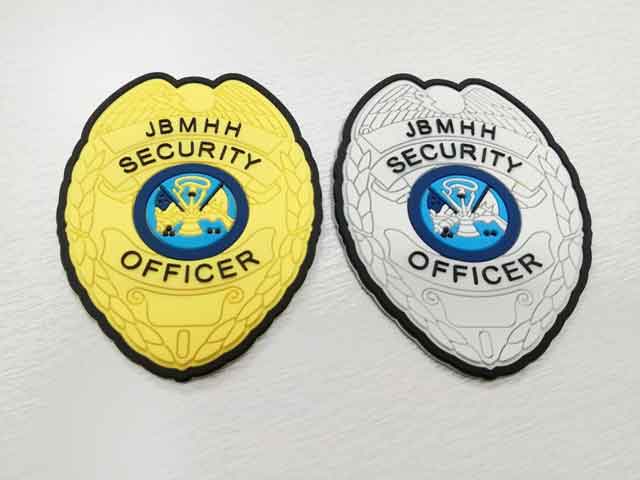
Badges are emblems or insignias that are worn for a variety of reasons. In the military, they may indicate rank, for example. Police and law enforcement badges are worn to identify authority. Badges can also be used to signify membership in clubs or organizations. School patches can reward important achievements. But when did we start using badges and how many types of badge exist out there? We'll try to answer those questions here.
Badge in human history
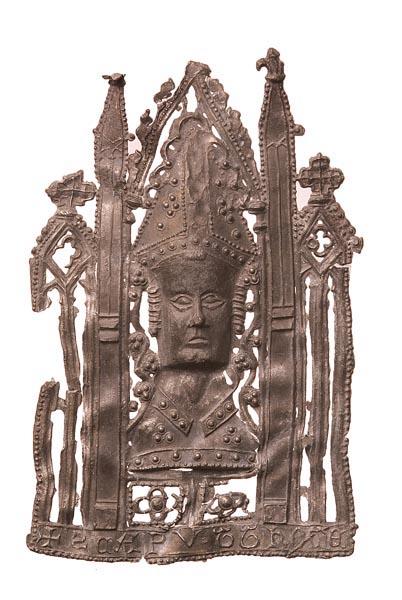
Badges have played a significant role throughout history, both for personal and political purposes. In the Middle Ages, badges served as symbols of religious piety, as seen with the Pilgrim badge which recognized the completion of a pilgrimage.
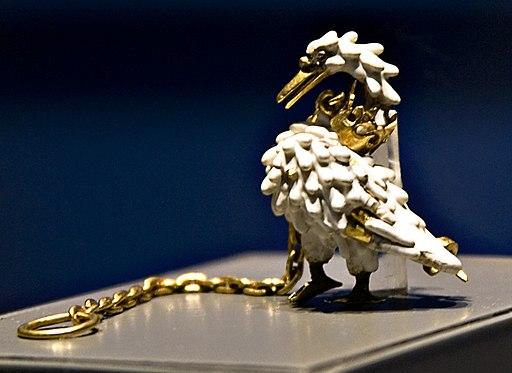
Badges were also used as symbols of allegiance to political figures, such as the Heraldic or livery badges popular during this time period. One notable example is the Dunstable Swan Jewel.
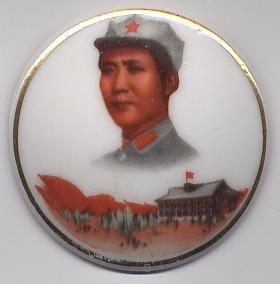
More recently, Chairman Mao badges were used to demonstrate loyalty to the Chinese Communist Party during his rule in the 20th century. The UK Badge Collectors’ Circle, established in 1980, continues to collect and study historical and modern badges from around the world.
Overall, badges have a long and varied history that continues to fascinate collectors and historians alike.
Types of badge
Badges are emblems or insignias that are worn for a variety of reasons. In the military, they may indicate rank, for example. Police and law enforcement badges are worn to identify authority. Badges can also be used to signify membership in clubs or organizations. School patches can reward important achievements. But when did we start using badges and how many types of badges exist out there? We'll try to answer those questions here.
1. Types of badge by usage
In the following part we will summarize all the uses and applications that we can give to a simple badge. Find here not only the serious uses, badges can also be used for fun or to show support for a cause. For example, many schools have patches that students can earn to signify important achievements. Summer camps often give out badges as well. And of course, let's not forget the classic Girl Scout and Boy Scout merit badges! Lets jump ahead into each of them.
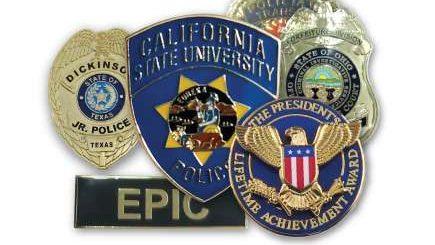
Police badge
The badge worn by police officers serves as a symbol of the authority and responsibility granted to them by their department. In addition to identifying the specific unit or division within their department, the badge also signifies the officer's commitment to upholding the law and serving their community.
Custom Police Pins by Sienna Pacific
There are several types of police badges, including those worn by sheriff deputies and regular police officers. Other variations may be issued to detectives, federal agents, or members of specialized units such as SWAT or K9 teams. As symbols of honor and duty, police badges are treated with great respect and must be carefully maintained. They serve as constant reminders of the sacrifices made by officers in service to their communities.
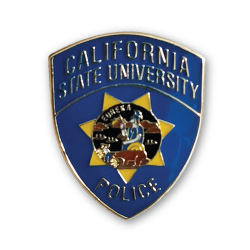
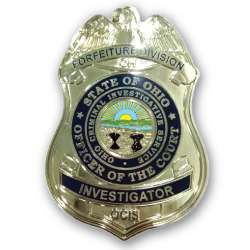
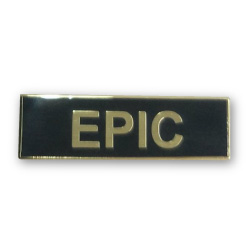
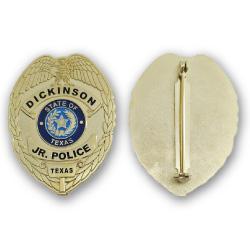
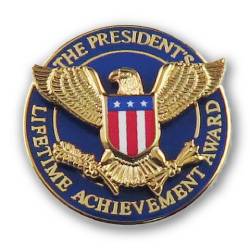
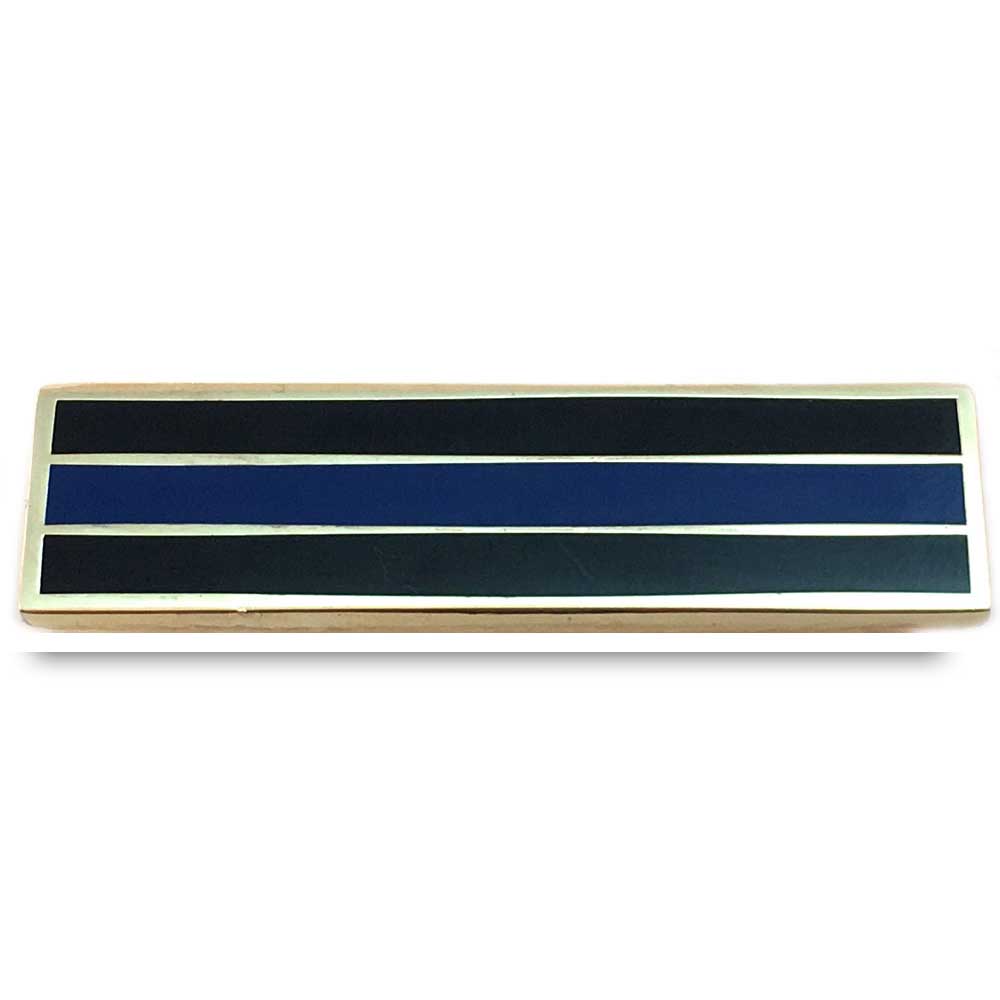
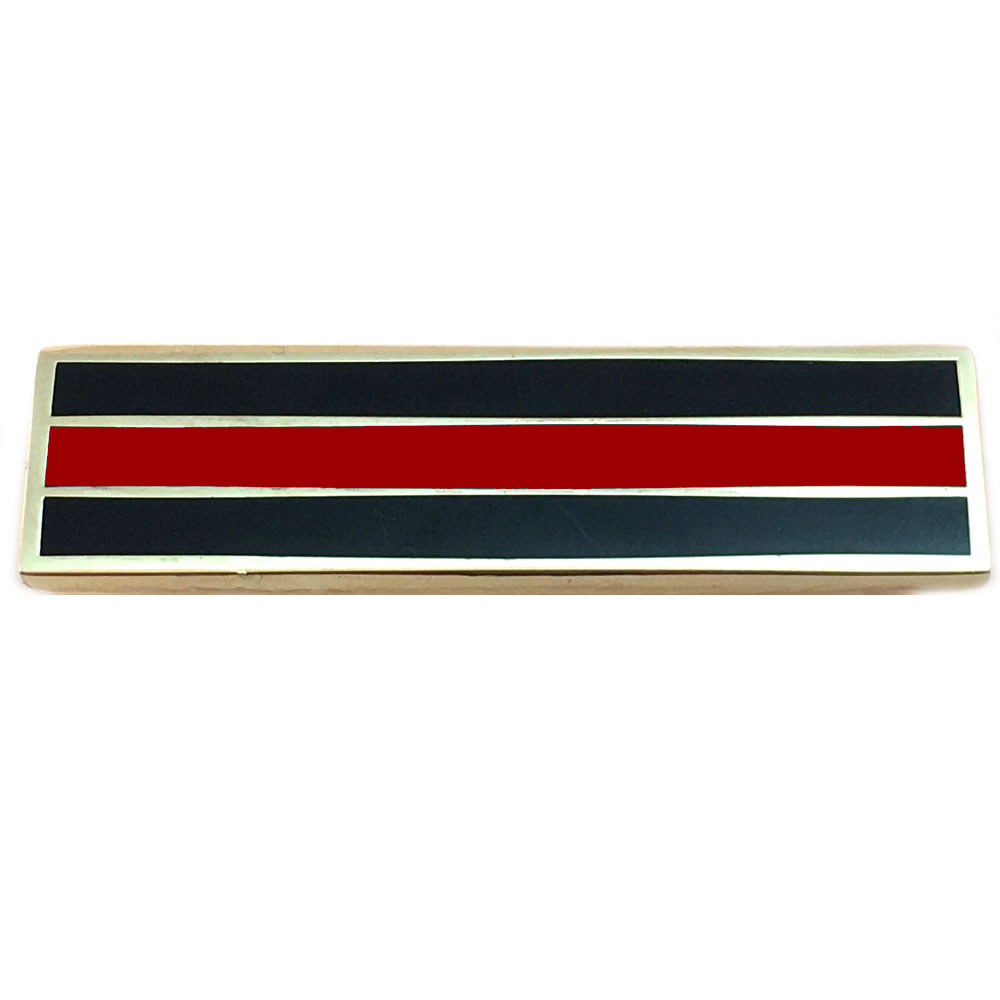
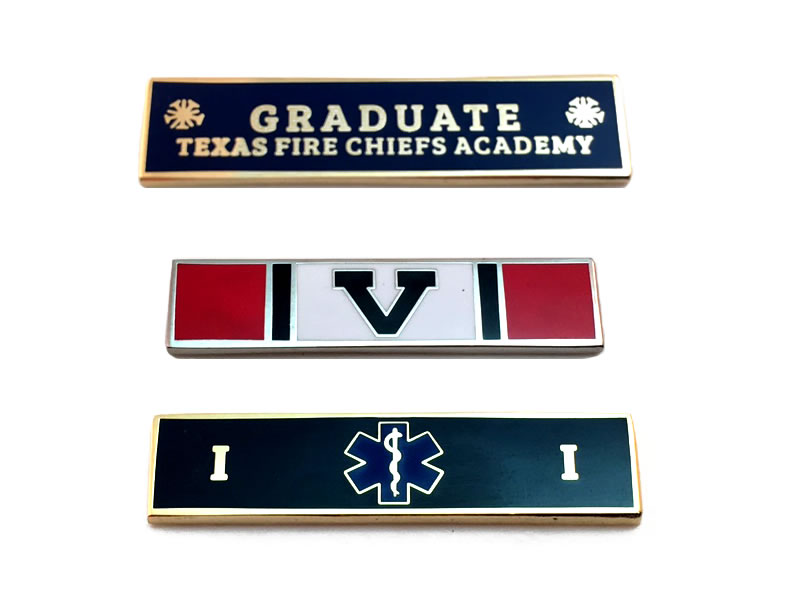
Custom Police Badge Patches by Sienna Pacific
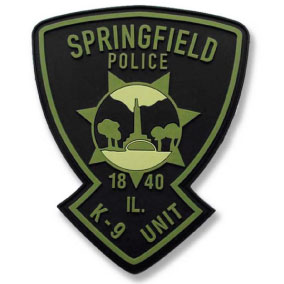
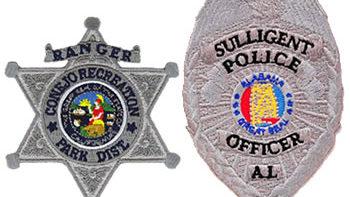
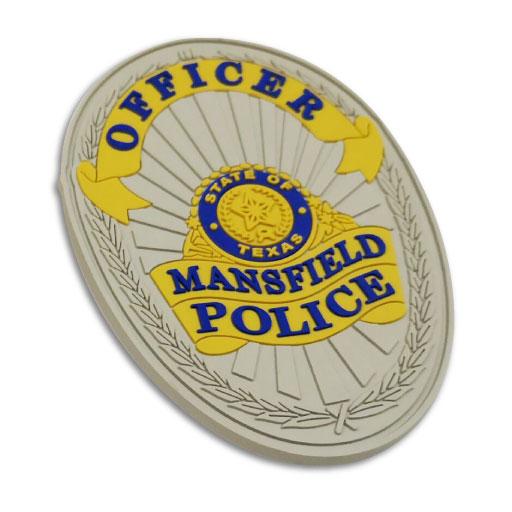
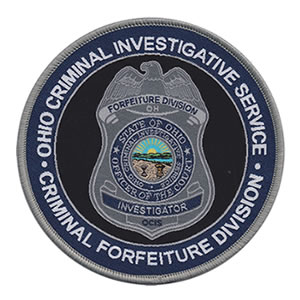
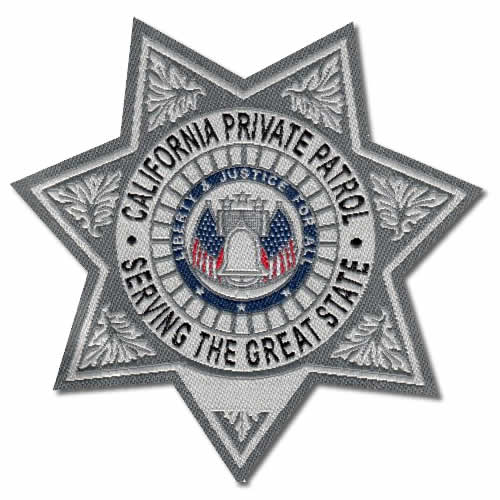
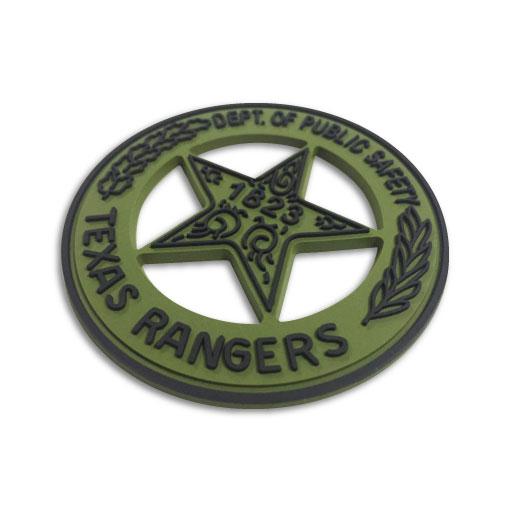
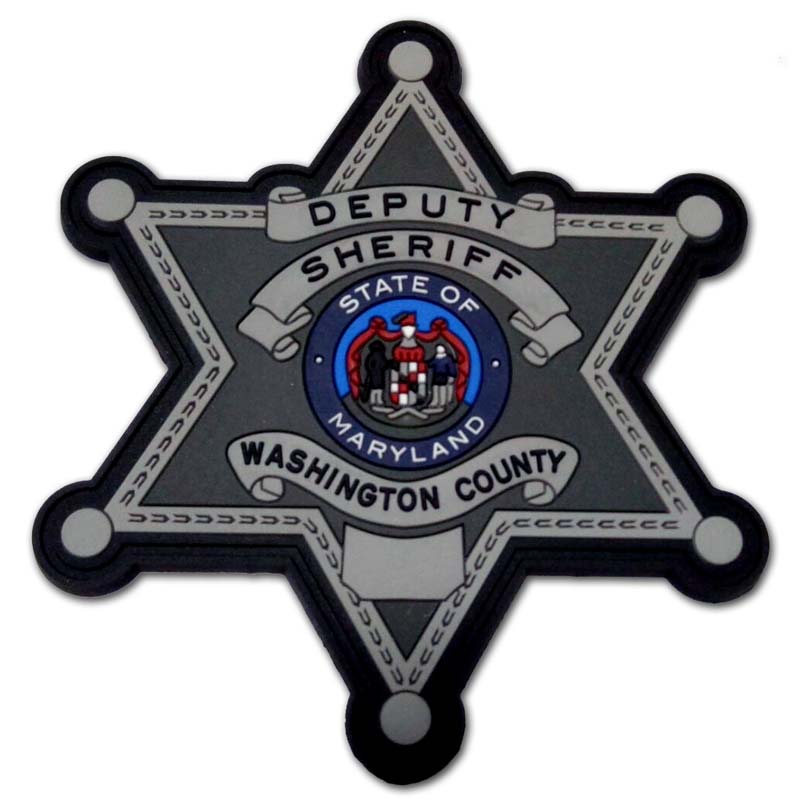
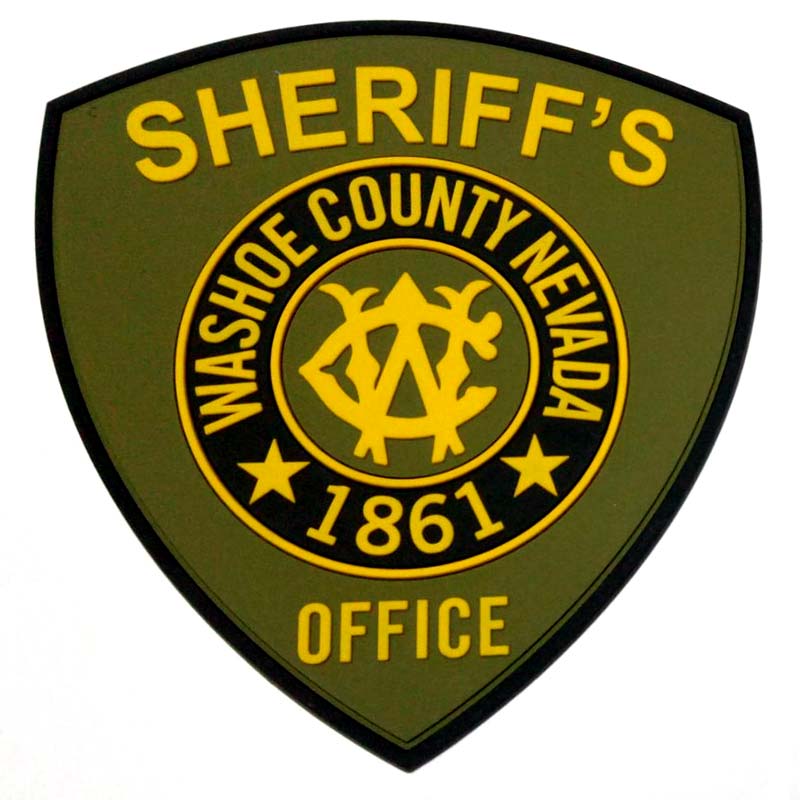
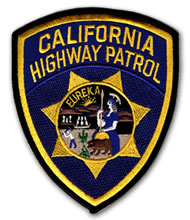
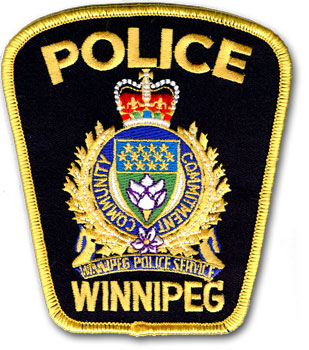
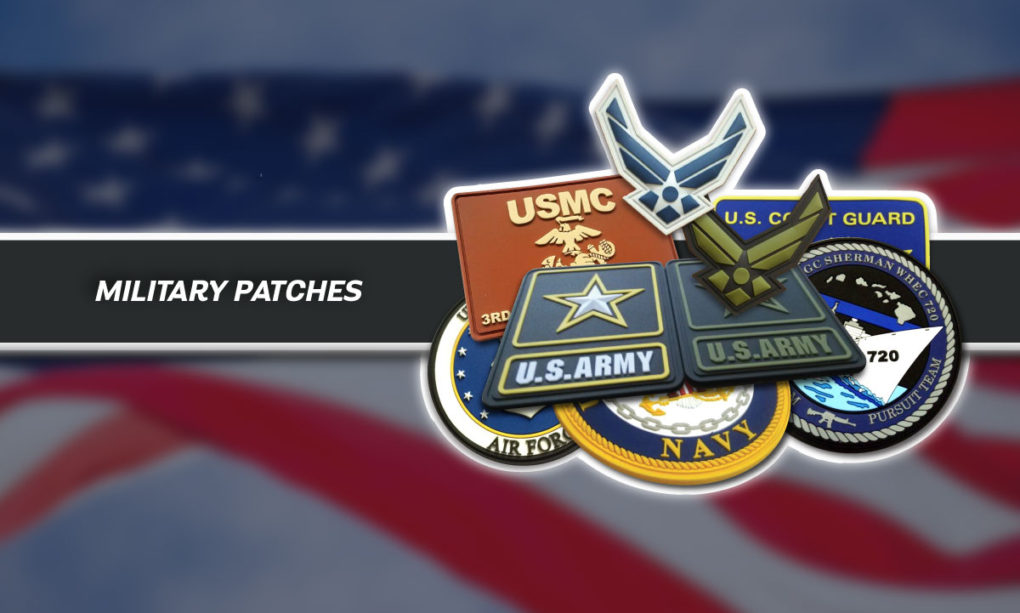
Military badge
Military badges serve a dual purpose: they not only serve as a visual representation of a soldier's rank and unit, but they also act as a source of pride and camaraderie among members of the military. Badges are typically earned through special qualifications or completing specific training programs, and many soldiers work hard to earn their badges.
In addition to unit badges, there are also badges for specific skills, such as marksmanship or aviation. These badges provide recognition for a soldier's accomplishments and can often lead to promotions or job opportunities. They also symbolize the strength and honor within the military community, reinforcing the bond between soldiers and their units. Military badges represent much more than just an insignia - they signify dedication, camaraderie, and achievement within the armed forces.
Custom Military Pins Gallery by Sienna Pacific
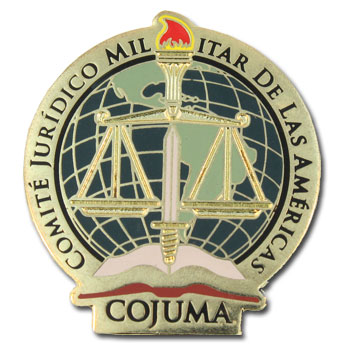
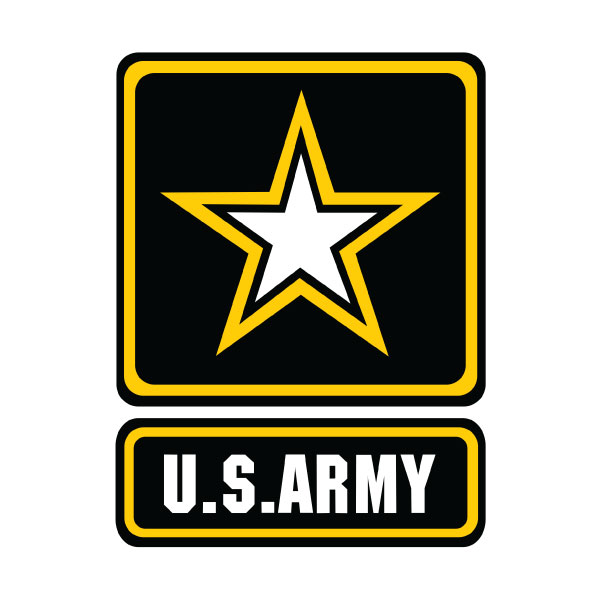
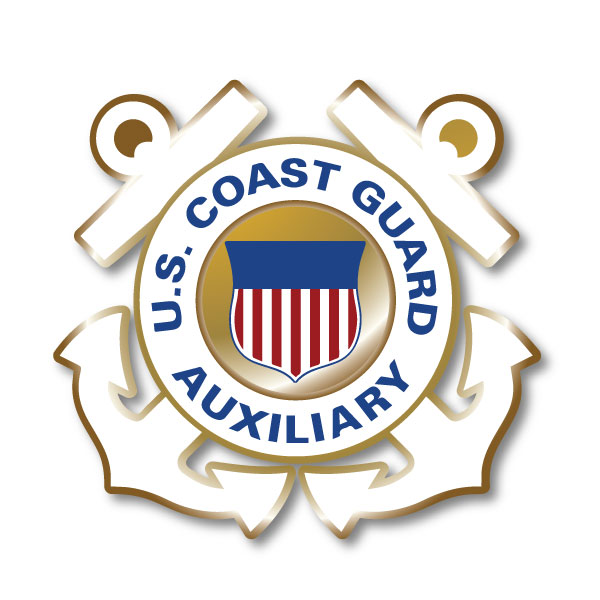
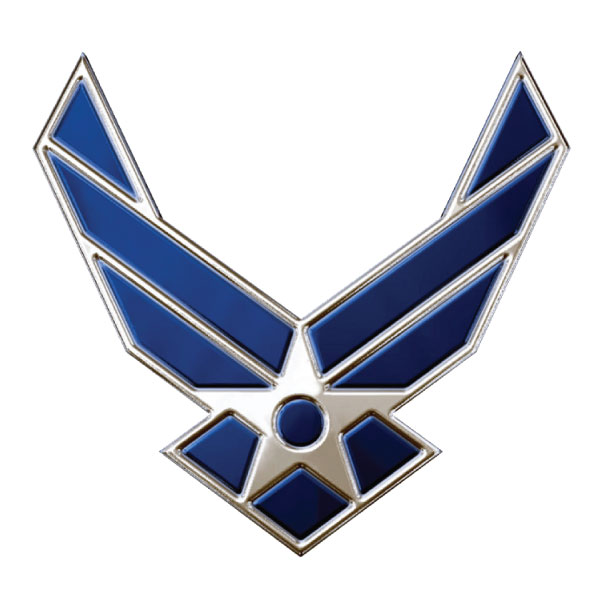
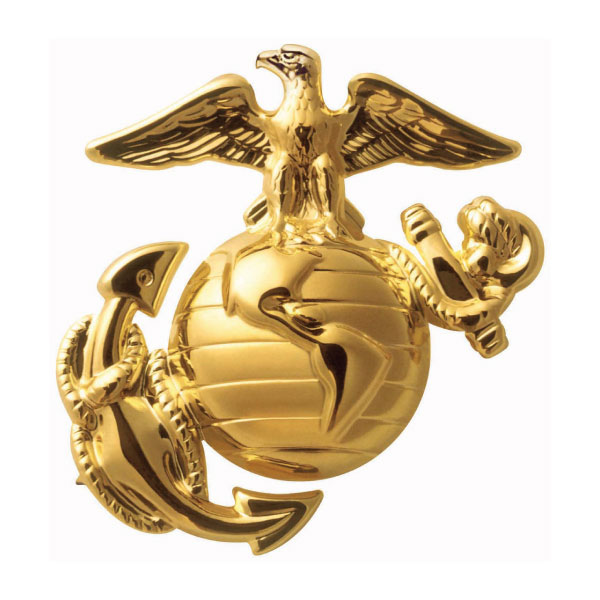
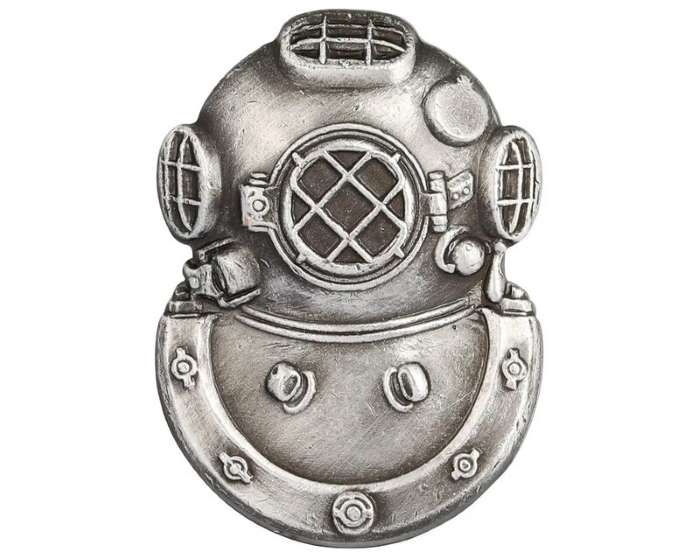
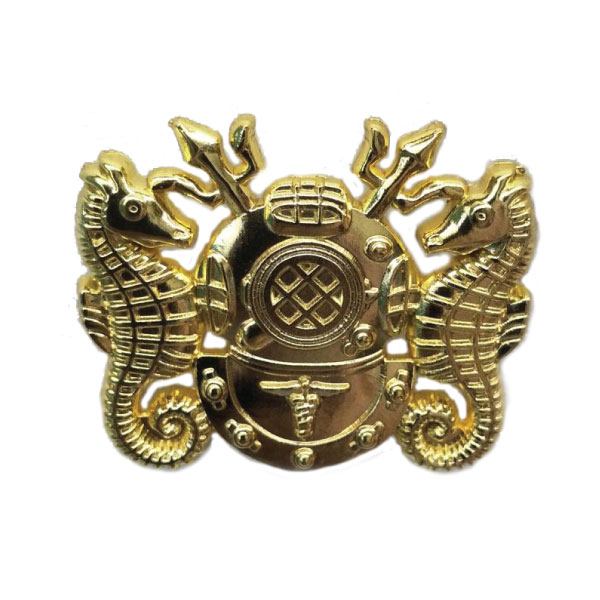
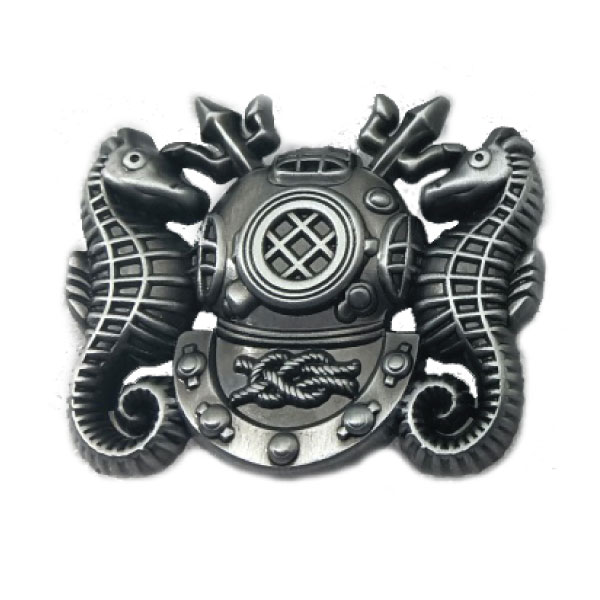
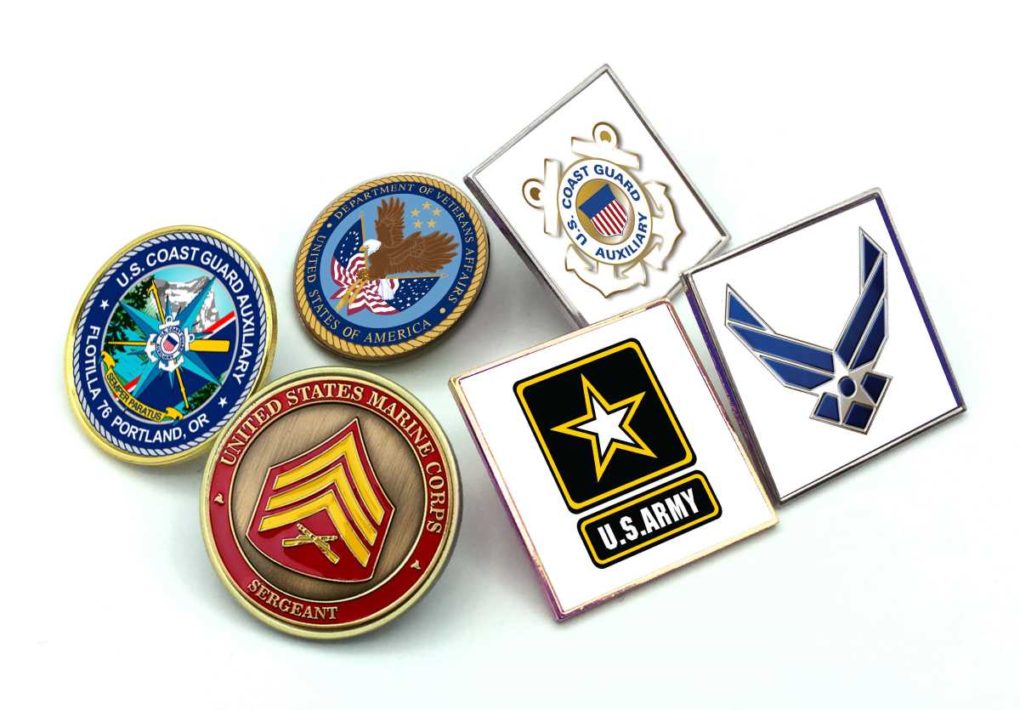
Custom Military Patches Gallery by Sienna Pacific
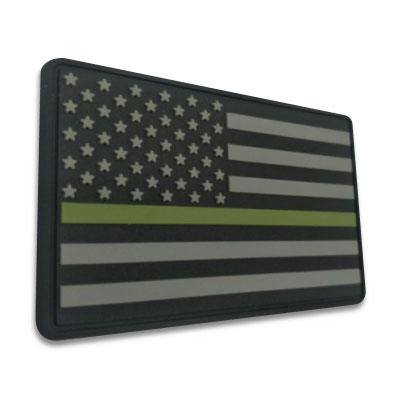
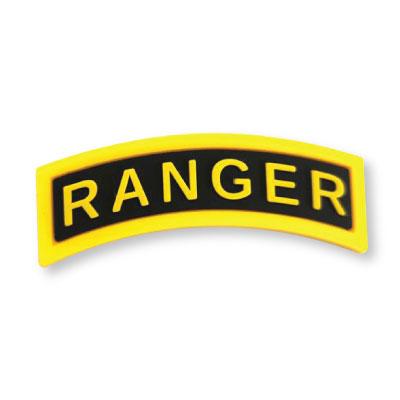
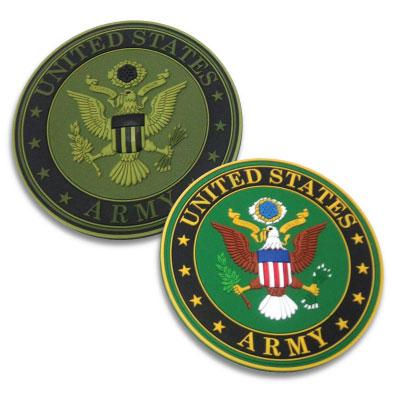
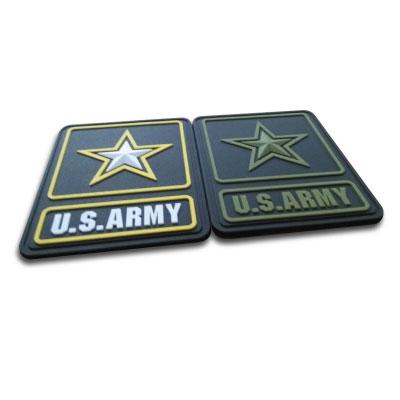
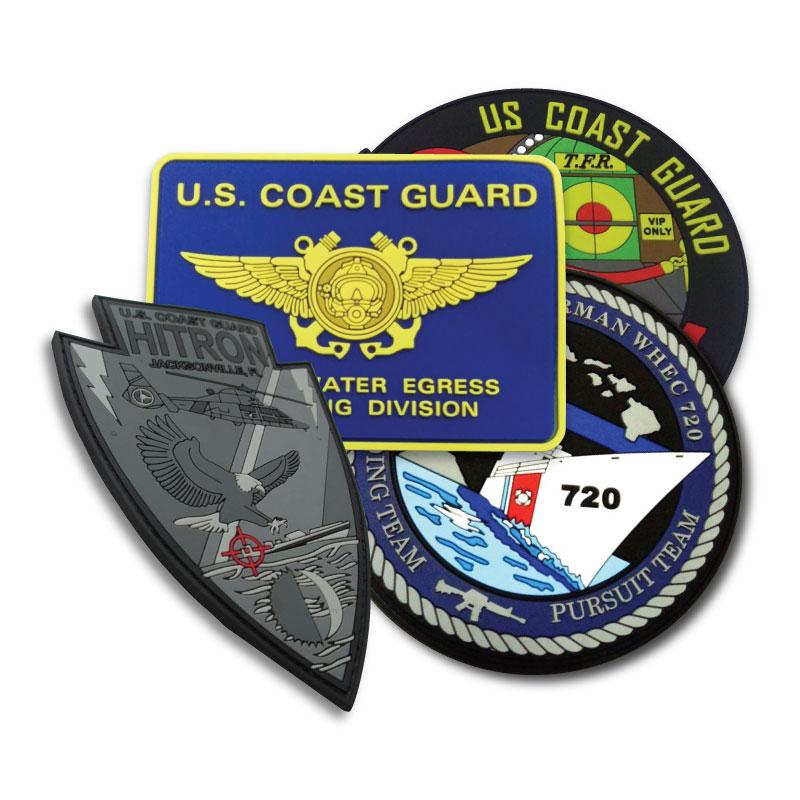
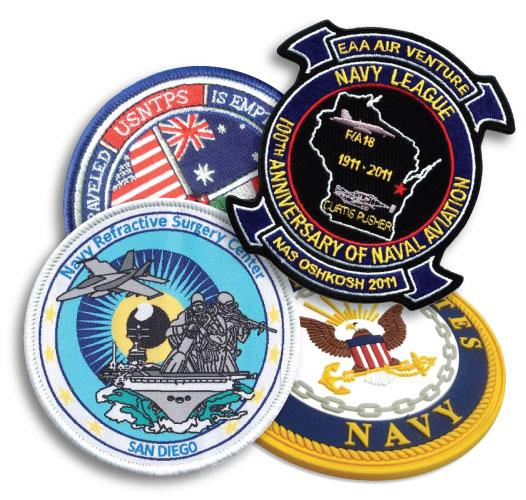
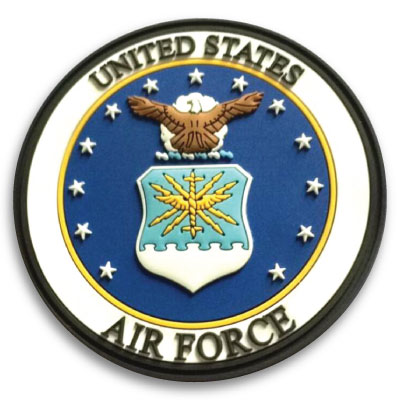

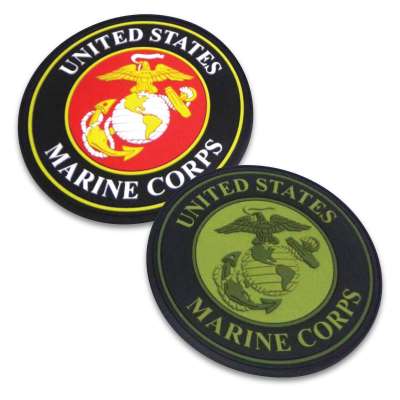
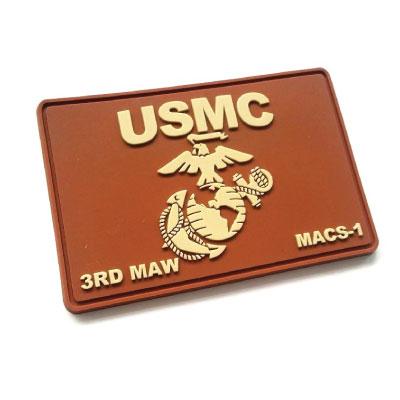
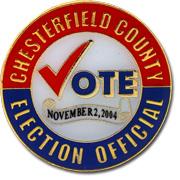
Political badge
Wearing political badges is a common way for individuals to express their beliefs and show support for a particular ideology or leader. In China during the Cultural Revolution, Chairman Mao badges were worn prominently by citizens as a symbol of their devotion to communism and Mao Zedong's revolutionary ideas.
However, these badges were more than just fashion statements - they were also indicators of political loyalty and could potentially impact one's relationships and career prospects. Despite their widespread popularity, the wearing of Mao badges was not without controversy. Some saw them as mandatory symbols of socialist ideals, while others viewed them as kitsch relics of a volatile period in Chinese history. Whatever the interpretation may be, it is clear that political badges serve as visual representations of individual identity and allegiance.
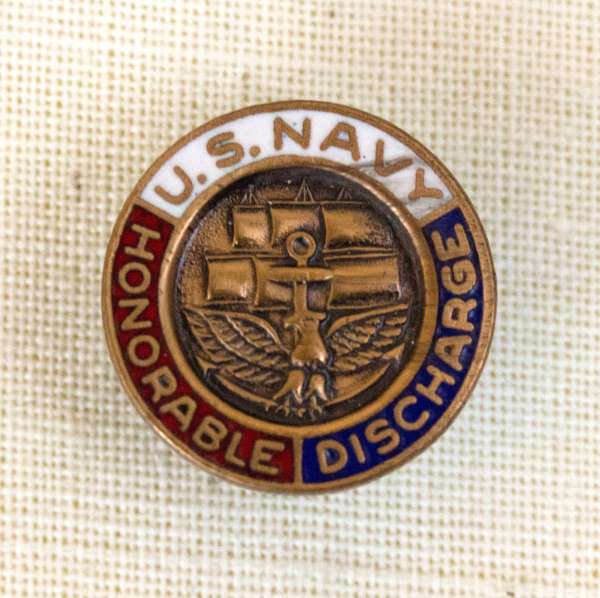
Button badge
Button badges have long been used as a form of self-expression and personal branding. These small, round pins can be adorned with eye-catching designs or slogan statements and serve as a conversation starter for individuals looking to make a statement about their beliefs or interests.
In the business world, button badges can also be utilized as branded promotional materials. From corporate events to trade shows, these customizable pins serve as a walking advertisement for a company, offering a unique and cost-effective alternative to traditional marketing methods. Whether used for personal expression or promoting a brand, button badges are a versatile tool with endless potential.
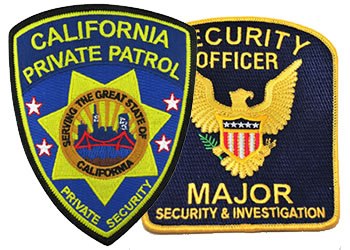
Law enforcement badge
The law enforcement badge is more than just a symbol of authority; it represents the principles and values of the department, as well as the dedication and sacrifices of its officers. For law enforcement personnel, wearing the badge is not only a responsibility but a privilege. It symbolizes their commitment to upholding the law and serving their community with honor and integrity.
A law enforcement badge represents years of training, hard work, and dedication to protecting and serving the public. When an officer wears their badge, they are not just representing themselves, but also the fellow officers who have come before them and those who will come after them. The badge is a symbol of solidarity, camaraderie, and pride in one's profession and agency. The serious significance of a law enforcement badge should never be taken lightly; it carries great weight and responsibility for those who wear it.
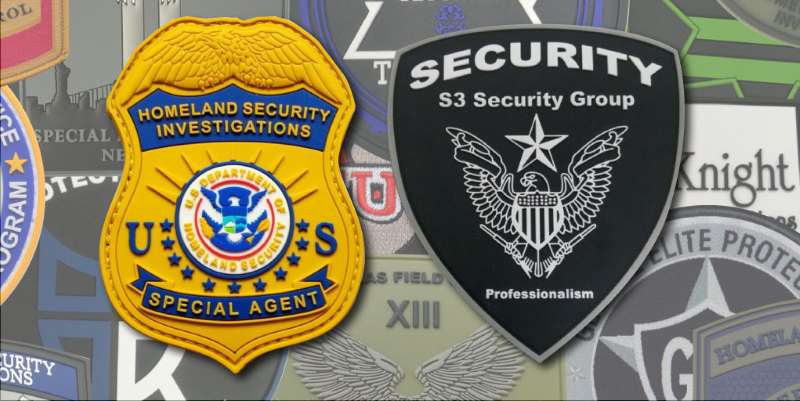
Security badge
When it comes to ensuring the safety and security of a workplace, one important aspect is controlling who has access to the facility. That's where a security badge comes in. By wearing a visibly displayed badge at all times, an employee can easily be identified as someone who belongs in the building.
Even better, many badges now have RFID technology which allows for only authorized individuals to enter restricted areas. In addition, these badges often serve as a form of identification for employees, providing critical information in case of emergencies. Overall, having a secure badge system in place can greatly enhance the security and protection of a workplace.
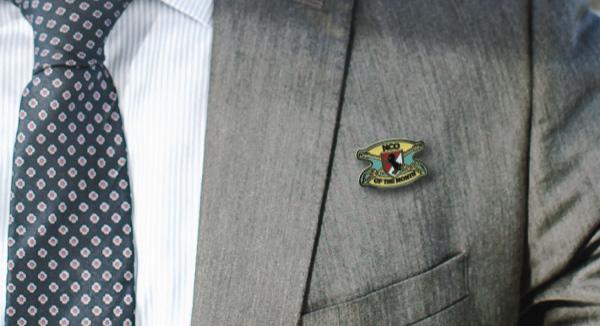
Corporate Logo Badge, Company badge, Id badge and Employee badge
Corporate logo badges can be a valuable asset for any business. By clearly displaying a company's logo, these badges help to create a unified look for employees and strengthen brand recognition for customers. In addition, they can also serve as a practical tool for easily identifying employees at events or in large corporate settings.
The design of the badge can also be customized to include important information such as the employee's name and job title. Overall, incorporating corporate logo badges into company attire can enhance both professionalism and organization. They are a simple yet effective way to boost brand identity and improve communication within the workplace.
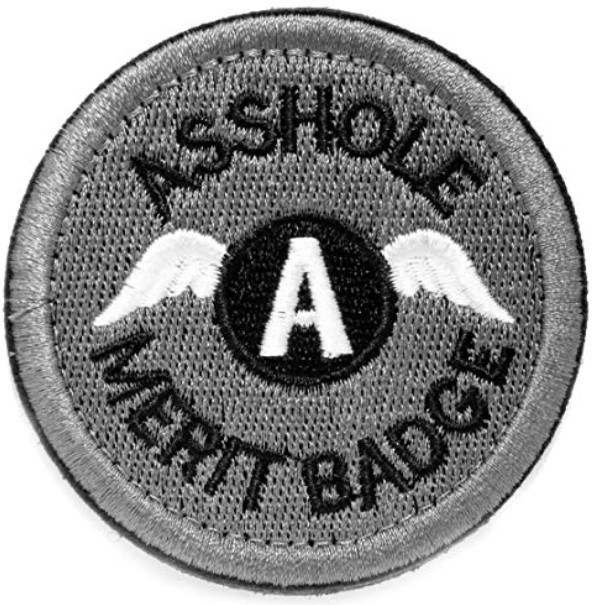
Merit badge
Merit badges are an integral part of scouting, providing opportunities for Scouts to learn and demonstrate proficiency in a wide range of skills and activities. These badges not only build character and foster self-improvement, but they can also be important factors in achieving higher ranks within the scouting community.
In addition to the various merit badges available for Scouts, there are also adult merit badges often refered to as award pins or recognition badges. Whether a Scout or an adult, earning merit badges is a valuable way to reward knowledge and encourage outstanding behavior. Plus, they make for great additions to resumes and college applications! So why not earn some merit badges and see where they can take you?
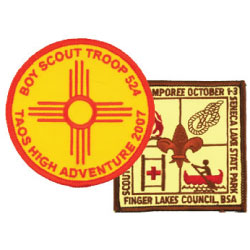

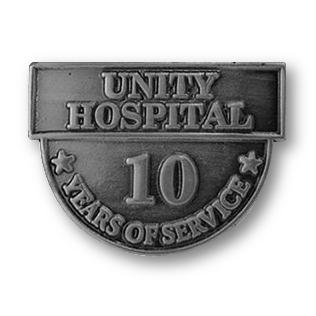
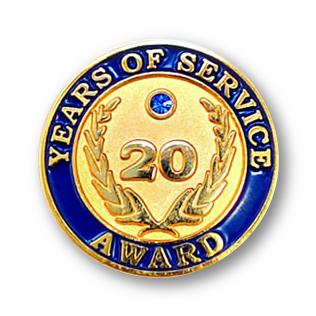
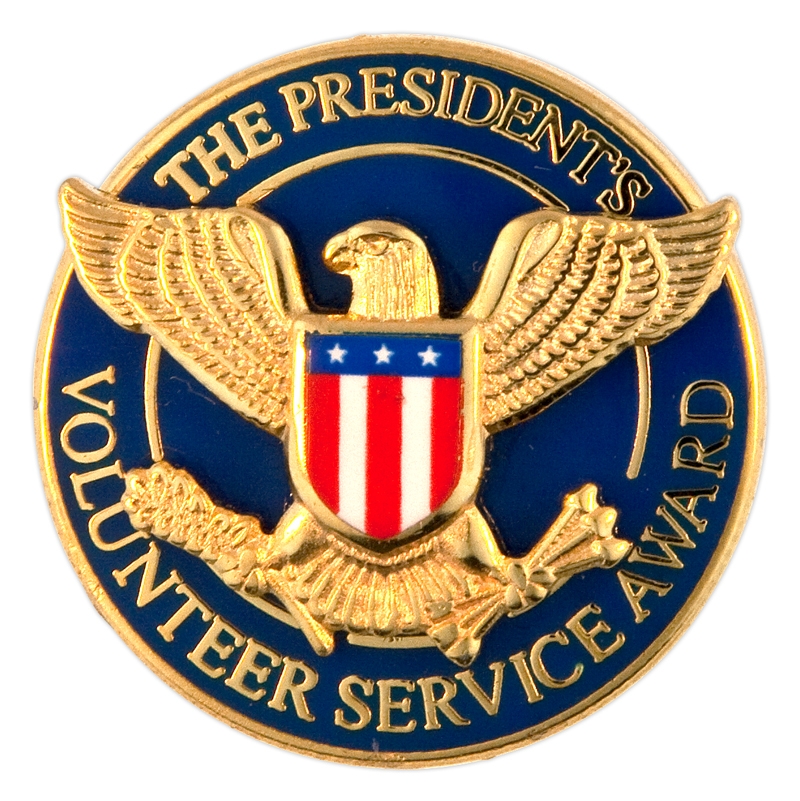
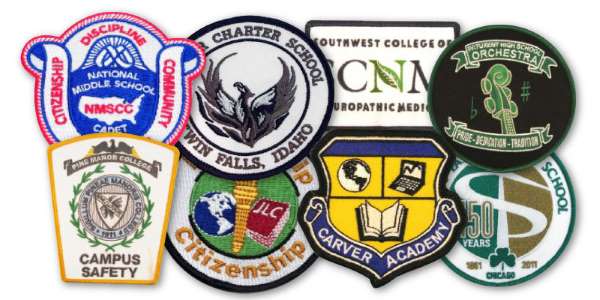
School badge
It's no secret that badges have the power to drive behavior. Whether it be earning a scout badge at summer camp or joining a fraternity with membership pins, individuals are motivated to work towards these symbols of achievement. It's no different in the educational setting; research has found that school badges can positively impact student behavior.
In one study, students received academic achievement badges for meeting certain criteria, such as reaching a specific grade or completing a project. The results showed that these badges led to improved attendance and better grades in those who received them. While badges may seem like a small gesture, they can be a powerful tool for promoting positive behavior and encouraging students to strive for success.
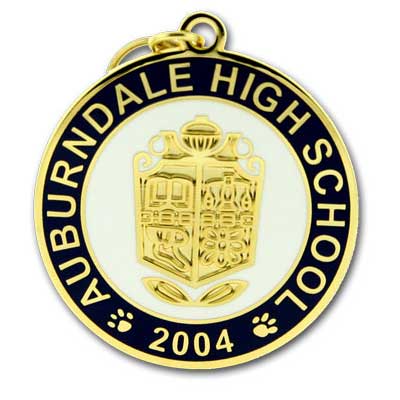
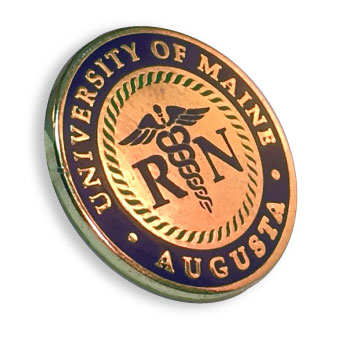
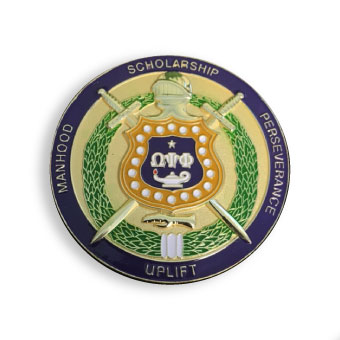
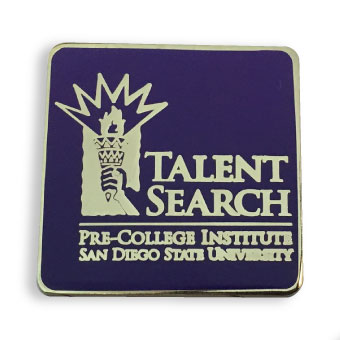
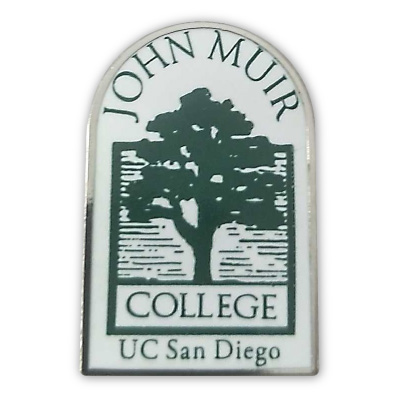
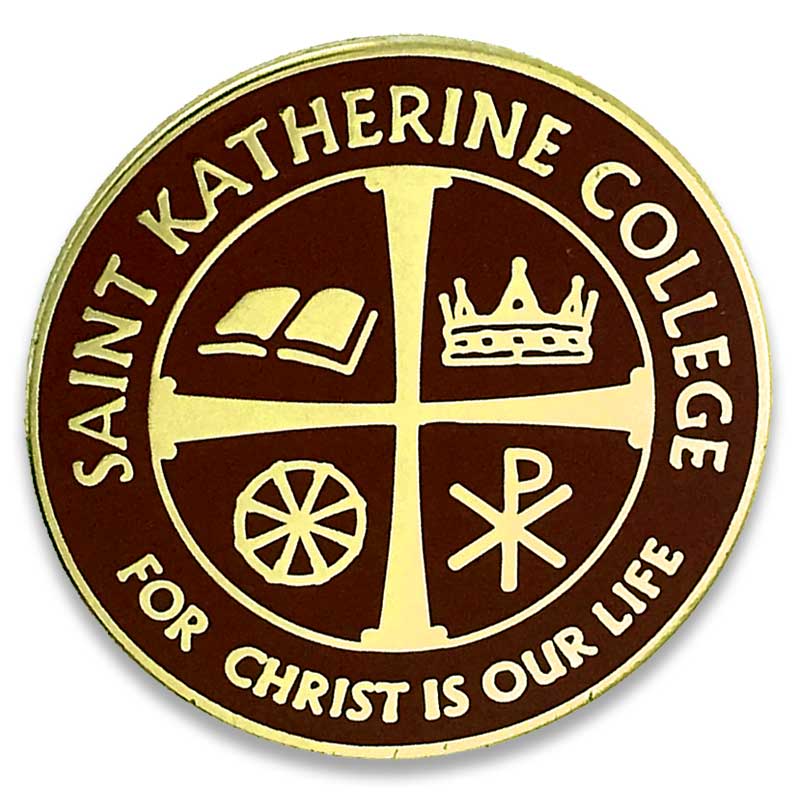
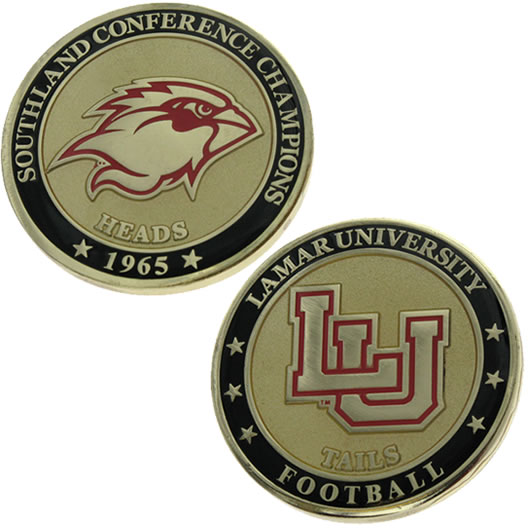
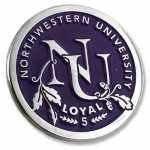
2. Types of badge by material
There are many different types of badges available, depending on the material they are made from and the purpose they serve. Let's take a closer look at some of the most common options.
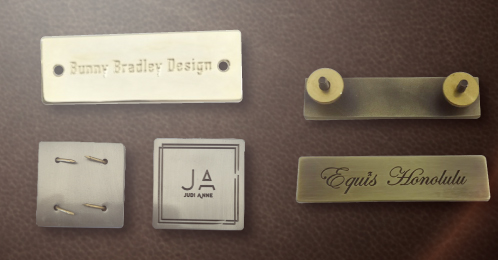
2.1 Metal
Metal badges are among the most popular and versatile types available. They can be made from a variety of materials, such as brass, copper, or stainless steel, and can be printed or die-cast. Metal badges are often used for law enforcement, security, or corporate purposes. They are durable and long-lasting, making them ideal for those who need to wear their badge on a daily basis.
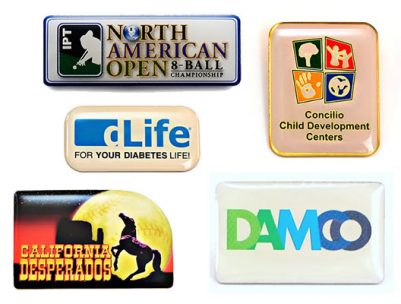
Printed metal badges
These are made by printing the design onto a sheet of metal and then cutting it to shape. They are often used for political or corporate purposes, as they provide a high level of detail and can be mass-produced relatively easily.
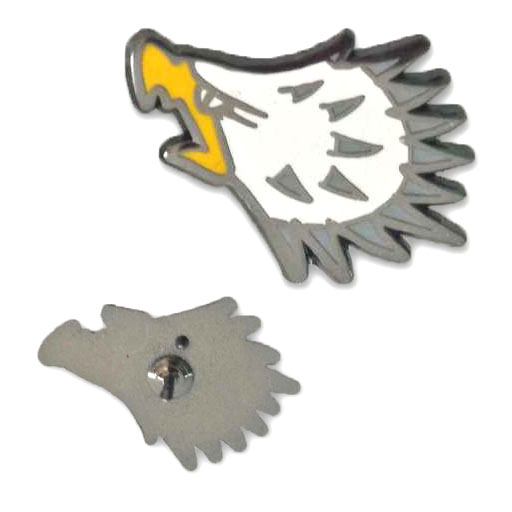
Hard enamel metal badges
Hard enamel badges offer a superior finish and durability compared to their soft enamel counterparts. The design is first etched into the metal surface before being filled with colored enamel. This process allows for finer details and a smoother finish. In addition, the hard enamel coating is baked to create a glass-like finish that is resistant to scratches and wear. While they may be slightly higher in cost, hard enamel badges offer both elegance and longevity, making them a perfect choice for high-end branding needs.
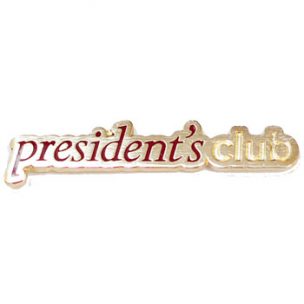
Name badges
Name badges serve a functional purpose by displaying an individual's name and title. They are often used in corporate settings or at events where networking is a key component. Name badges can be made from a variety of materials, but metal is one of the most popular choices due to its durability and professional appearance.
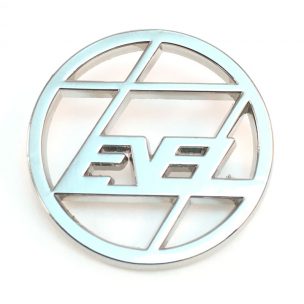
Die-cast metal badges
Die-cast metal badges are created by pouring molten metal into a mold. This allows for intricate designs and a high level of detail. Die-cast badges are often used for car club memberships, as they have a premium feel and can be made in limited quantities.
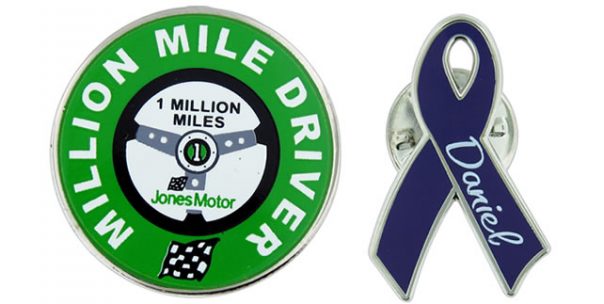
Button badges
Button badges, also known as pin-back buttons, are small, round badges that can be worn on clothing. They are often used for political campaigns or to show support for a cause. Button badges can be made from metal, plastic, or fabric, and are usually very inexpensive to produce.
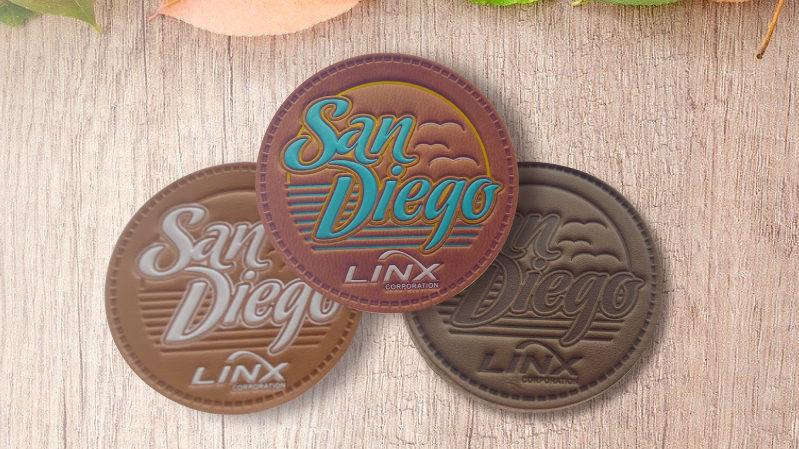
2.2 Leather badges
Leather badges are a classic choice that exudes quality and sophistication. They are often used for law enforcement or military purposes, as they are both durable and stylish. Leather badges can be embossed or debossed with a design, making them perfect for those who want a premium look.
Embossed leather badge
An embossed leather badge is created by pressing a design into the surface of the leather. This creates a raised, three-dimensional effect that can be felt as well as seen. Embossing is typically used for logos or text-based designs.
Debossed leather badge
A debossed leather badge is the opposite of an embossed badge, as the design is pressed into the leather from the back side. This creates a recessed effect that can be seen and felt. Debossing is often used for intricate designs that require a high level of detail.
Woven leather badge
Woven leather badges are created by threading strips of leather through one another to form a design. This type of badge is typically used for high-end branding purposes, as it offers a unique and luxurious look.
Printed leather badge
Printed leather badges are made by printing a design onto the surface of the leather. This allows for full color designs, making them perfect for those who want to make a statement.
Textile badges
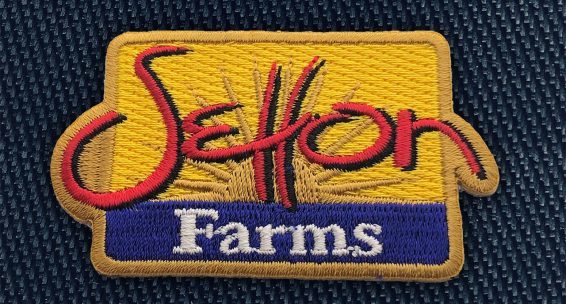
Embroidered
Embroidered badges are created by stitching thread or yarn onto a fabric backing. This type of badge is typically used for uniforms or as a way to show support for a cause. Embroidered badges can be made from a variety of materials, including cloth, leather, and felt.
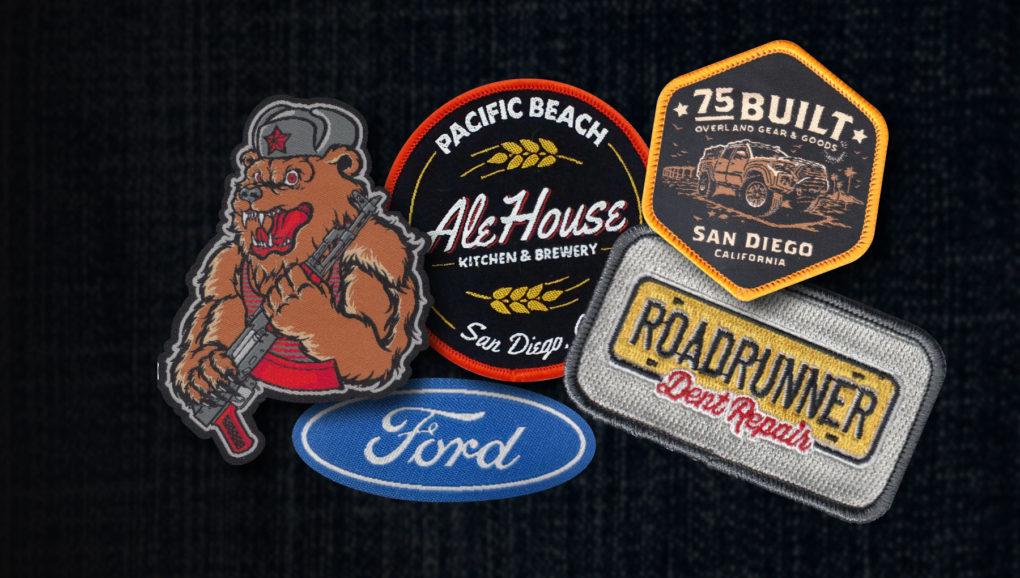
Woven
Woven badges are made by interlacing two or more sets of threads or yarns. This type of badge is often used for high-end branding purposes, as it offers a unique and luxurious look. Woven badges can be made from a variety of materials, including cloth, leather, and felt.
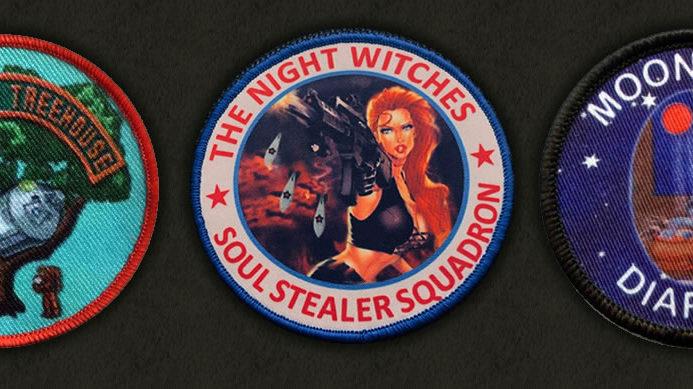
Printed
Printed badges are made by printing a design onto a fabric backing. This allows for full color designs, making them perfect for those who want to make a statement. Printed badges can be made from a variety of materials, including cloth, leather, and felt.
Patches are small pieces of fabric that can be ironed or sewn onto clothing. They are often used as a way to show support for a cause or as a fashion statement. Patches can be made from a variety of materials, including cloth, leather, and felt.
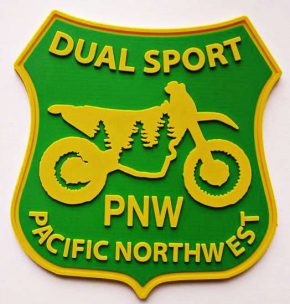
Plastic / rubber or PVC badges
Plastic badges are made from a variety of materials, including PVC, ABS, and acrylic. They are often used for ID badges or as promotional items. Plastic badges can be printed, embossed, or debossed with a design.
Digital Badges (Digital badges in education)
Digital badges have become a popular tool in education, providing students with a way to showcase their skills and accomplishments. These badges can be easily shared online, giving students a unique way to stand out in the job market or during college applications. In addition to being visually appealing, digital badges also offer a more comprehensive alternative to traditional letter grades. They provide additional information such as verifiable evidence of skills, participation in certain events or programs, and even micro-credentials for specific tasks within a larger project. As educational institutions continue to embrace technology, digital badges provide an innovative solution for recognizing and showcasing student achievements.
They earned by completing an online course or achieving a certain level of proficiency in a skill. They are often used as a way to show accomplishment or expertise.
Types of badge fastenings
When selecting a badge to display, one important factor to consider is the fastening method.
For lapel pins, popular options include a pin backing, a magnetic backing, or a clip fastener. Each has its own advantages and disadvantages - a pin may damage delicate fabrics, a magnet may not provide enough stability, and a clip may be visible from the front.
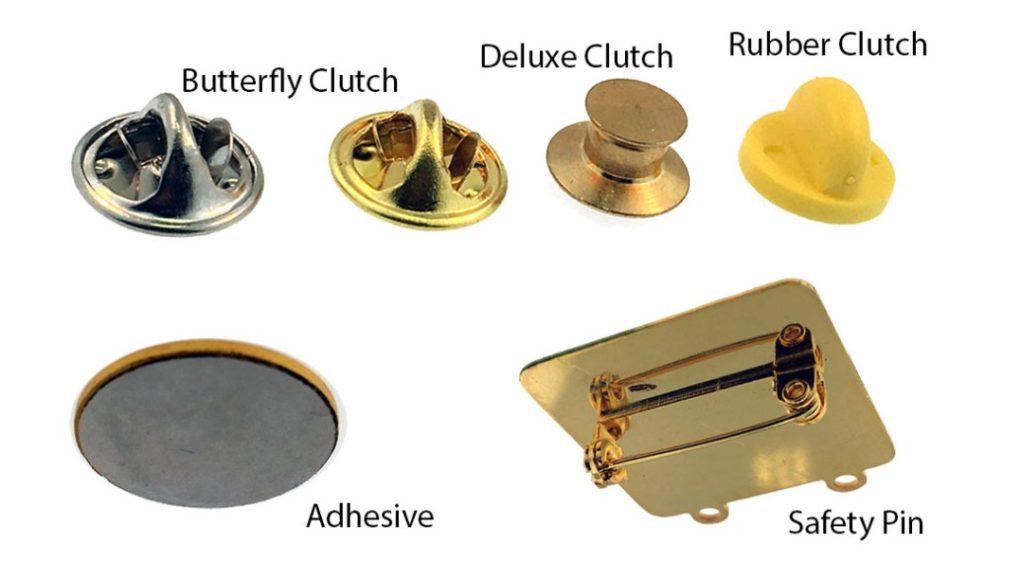
Meanwhile, patches can be attached using sewing, ironing, velcro, peel and stick backing, or even fabric glue. The best option often depends on the fabric the patch will be applied to and the desired level of permanence. Ultimately, choosing the right fastener for your badge can ensure that it stays securely in place and looks professionally displayed.
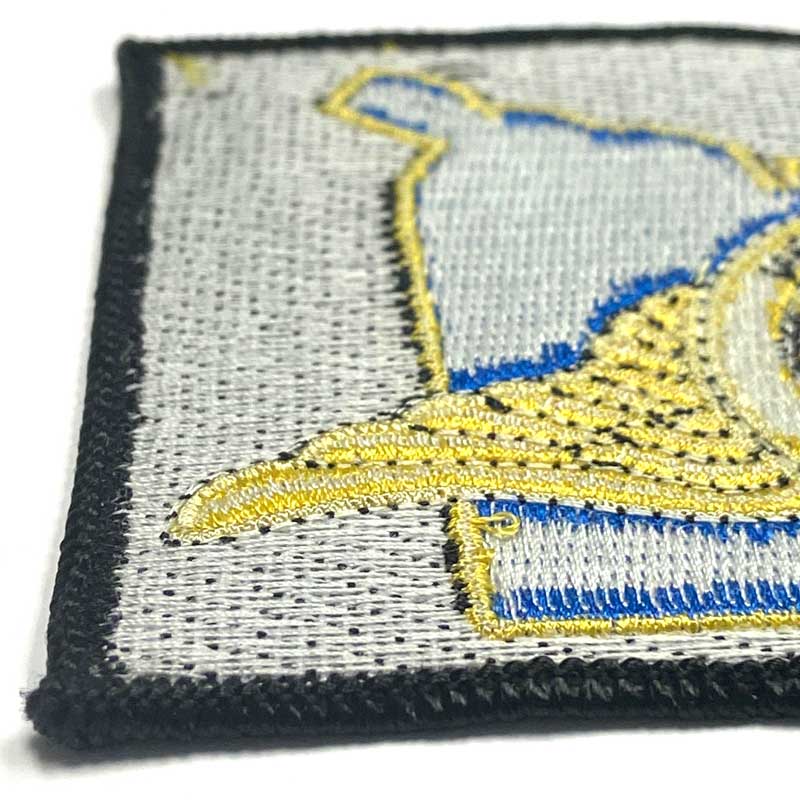
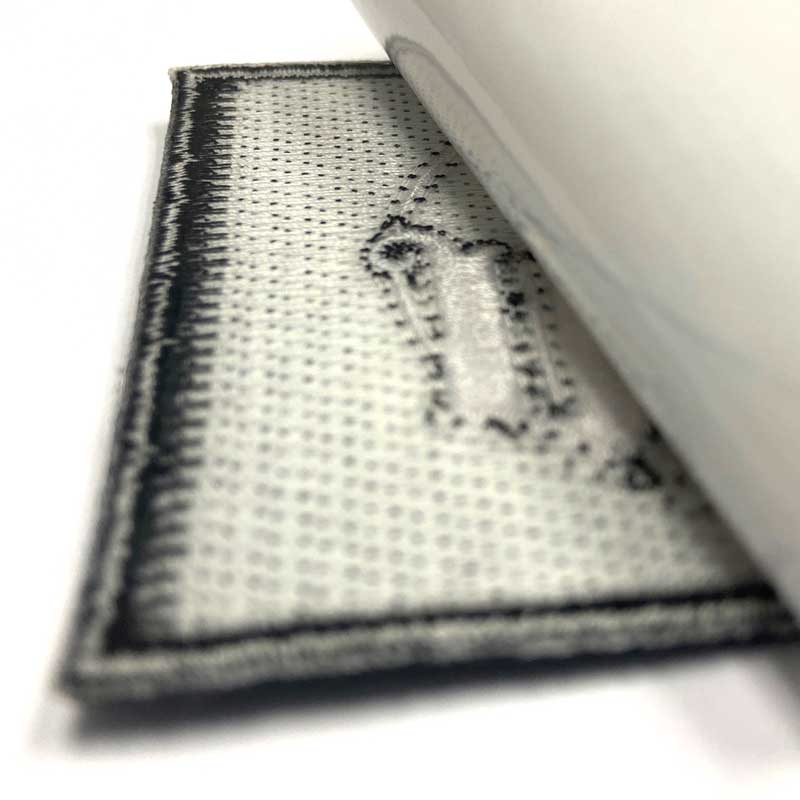

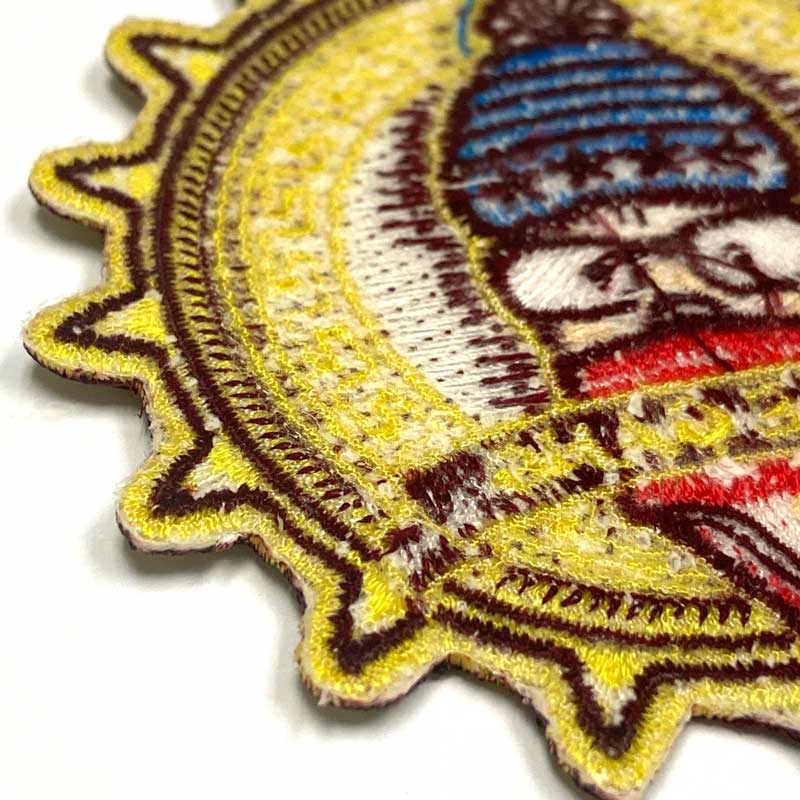
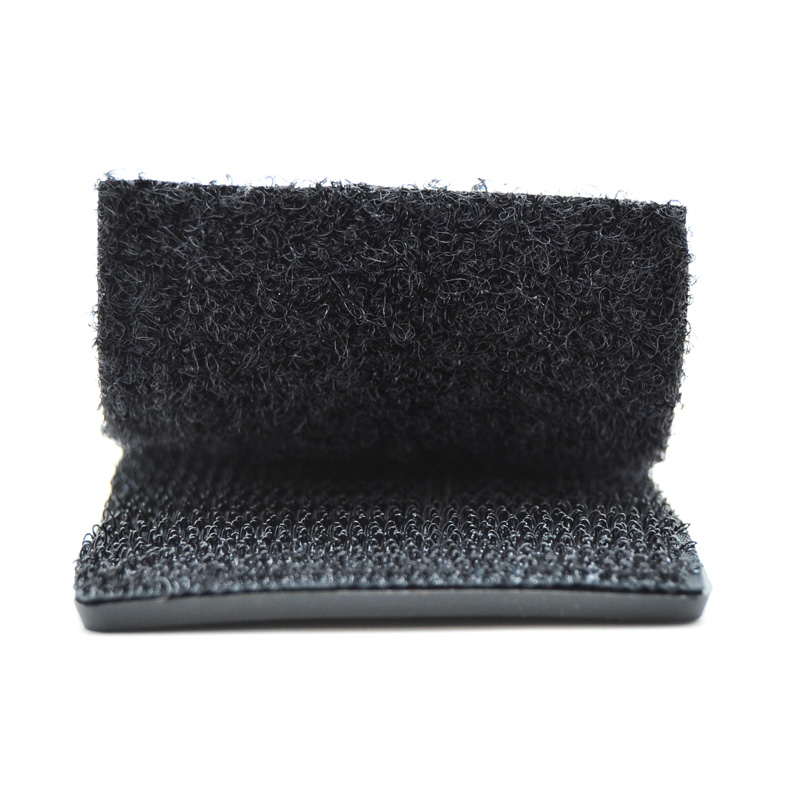
Comments
Post a Comment